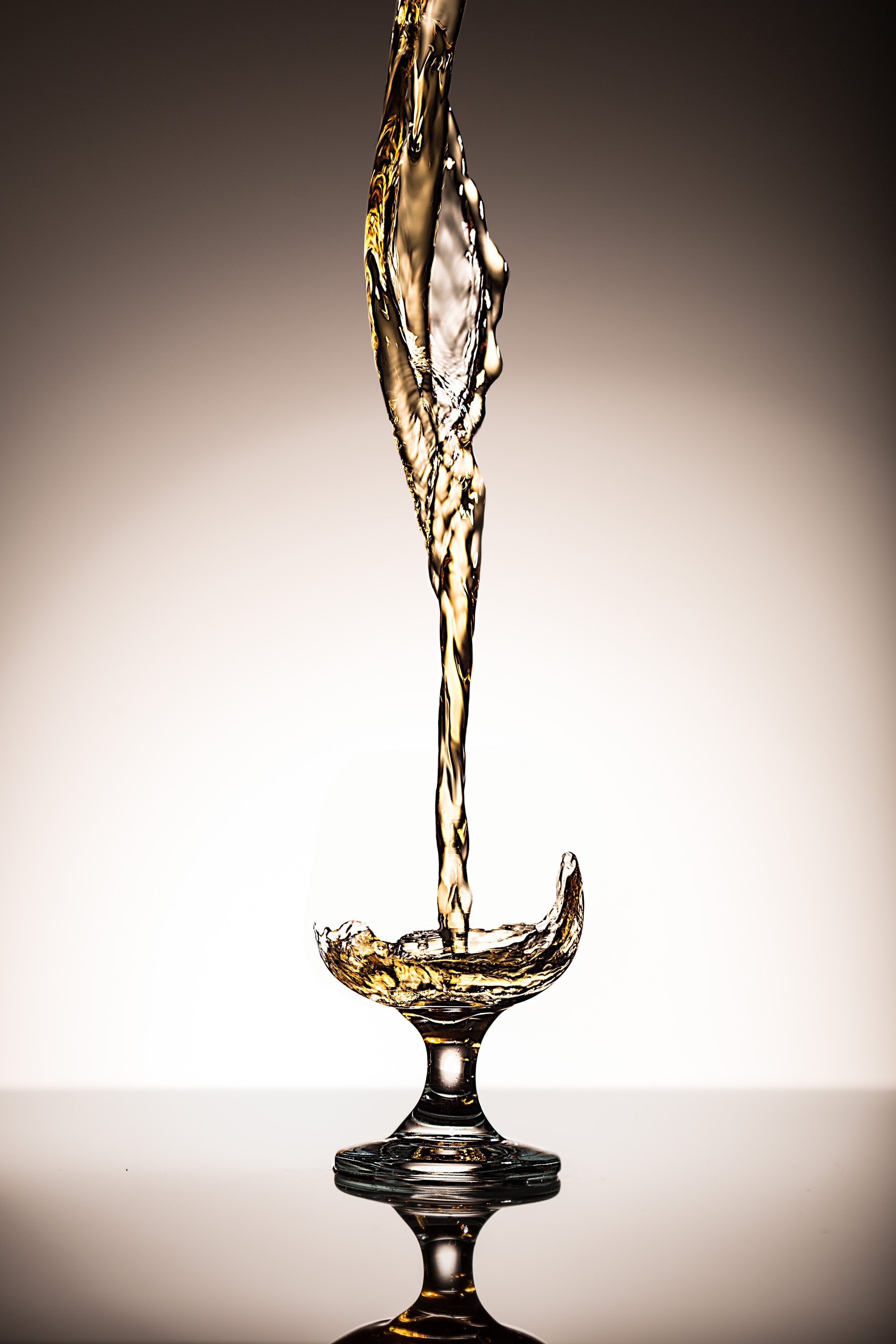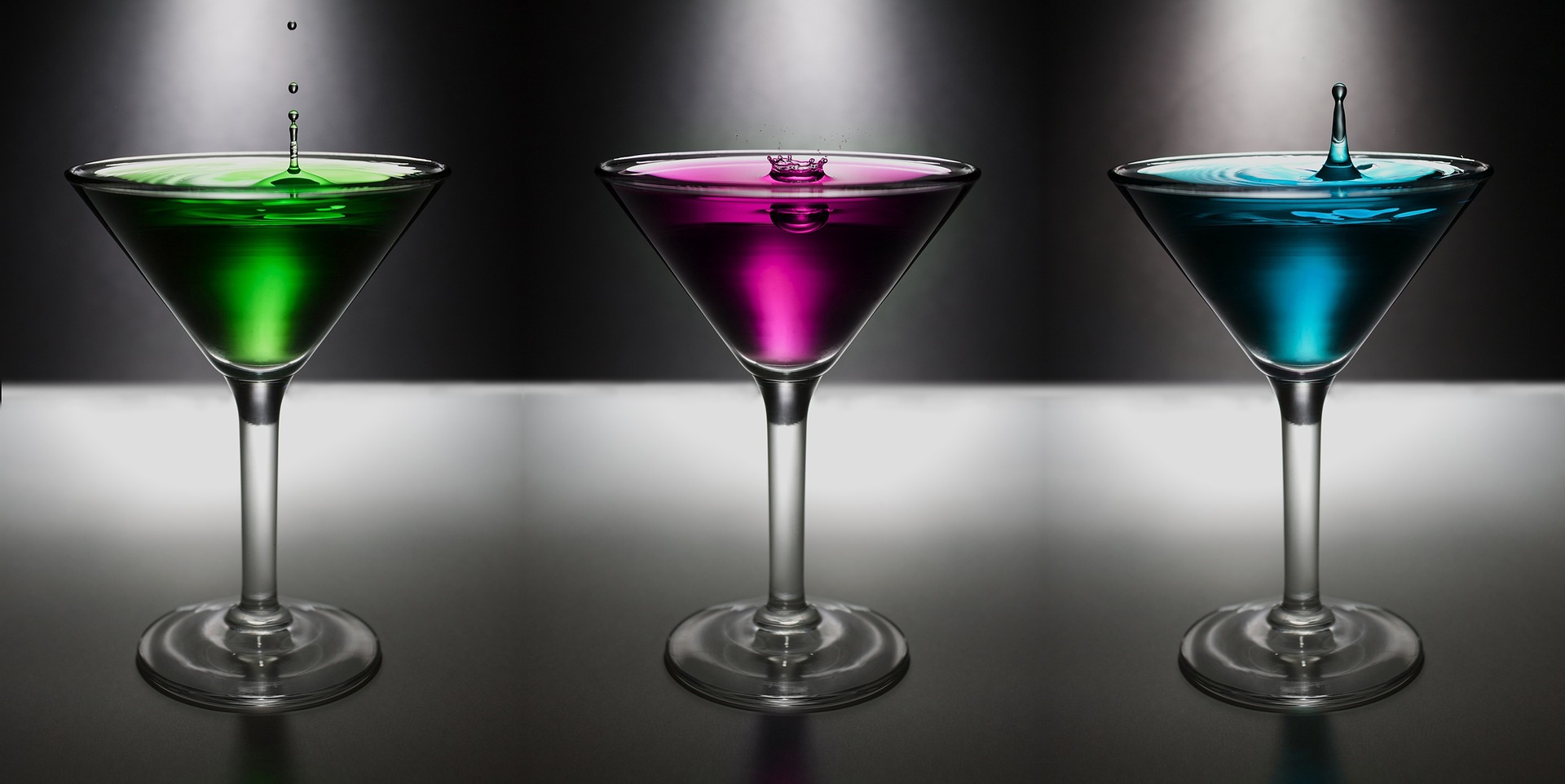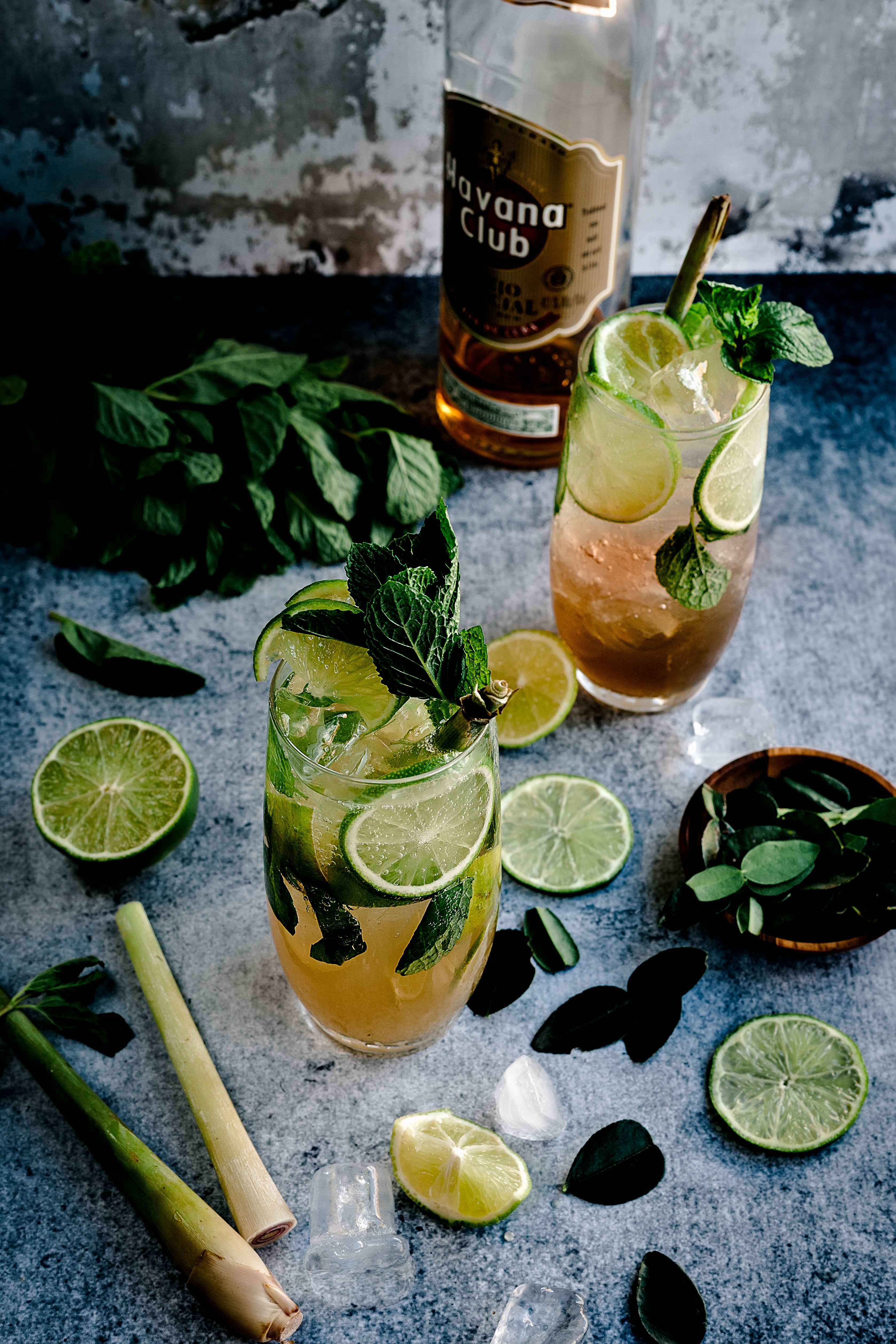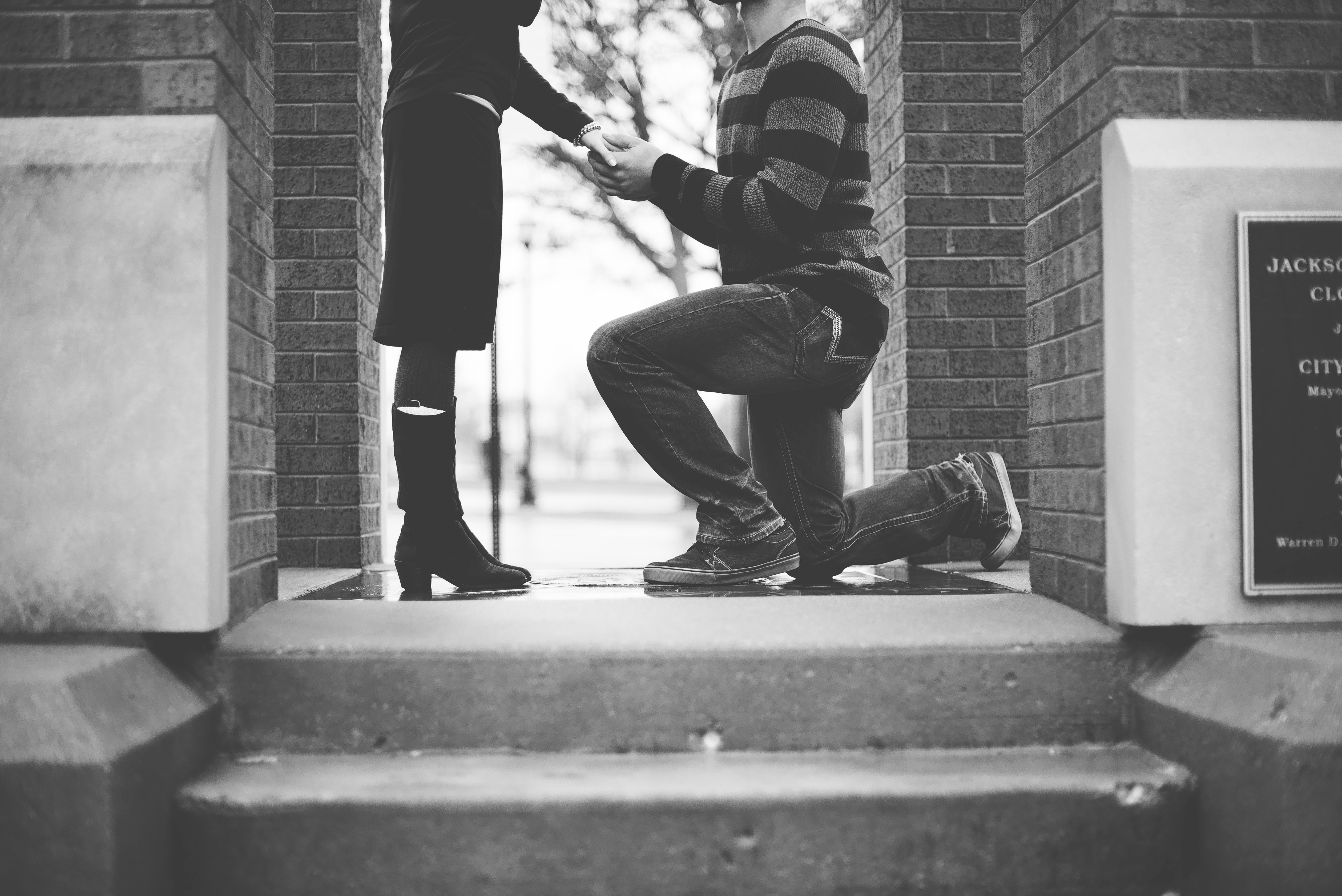Amidst the dozens of responsibilities that come with owning or managing a restaurant is the relationship between your restaurant and liquor licensing laws. Given that most restaurants try to make alcohol sales account for roughly 30 percent of their revenue, liquor licensing is crucial to the success of a new restaurant. An awareness of the unique challenges surrounding the acquisition of a liquor license should be on the list of priorities for any new restaurateur.
Within the context of liquor licenses, the most important piece of advice for any new restaurant is to engage with local licensing authorities so that you can understand the nuances of the laws; these authorities can also provide you with the best advice and protection. Most restaurateurs make the same mistakes when it comes to liquor licensing, but luckily, they’re easy to fix.
Mistake #1: Not Knowing the Local Liquor Licensing Market
Knowing your local liquor license marketing is crucial for a fledgling restaurant. New Jersey serves as one example of complicated liquor laws stalling the possibility of successful restaurants . Since prohibition, New Jersey tightened rules regarding alcohol sales in 1960 and 1969, which set in motion the one license per 3,000 population ratio that is still in tact today. What that means is that, because each municipality has a separate market for liquor licenses, the prices disparities are extraordinary, ranging from $350,000 to upward of $2 million. As a result, new restaurants are priced out, contributing to economic struggles and the revitalization of local communities.

There are more than a dozen bills, all of which would make it easier to sell alcohol, awaiting action in the New Jersey Legislature. Among the proposed billsis one that would allow municipalities to issue two kinds of licenses to smaller businesses, including one that would permit service at tables, but not at a bar, and another that would allow only for wine and beer service. These licenses would have a lower price point, so new businesses could contribute to the local market without having incredibly deep pockets.
What restaurateurs should take away from this example is that a thorough understanding of local licensing laws is part of the foundation of your restaurant. There are lawyers and experts specializing in licensing in each municipality that can help restaurant owners along in this process.
Mistake #2: Not Knowing the Logistics of Securing a License
Similarly, a common challenge we see facing restaurant owners within liquor licensing is not understanding the logistics of securing a license. This includes how much time it takes or even how much it costs. Because it varies with each city and town, cost, time, and even application process can vary substantially. It’s another reason to rely on local licensing authorities and experts who can provide restaurant owners with a foundation of understanding in regard to what is required.

Key to this is doing your homework: Connect with the right broker and attorney who understands the marketplace, structure your timeline accordingly, and give yourself a 10-15 percent contingency on the license and a 10-15 percent contingency on time.
Mistake #3: Not Understanding the Nuances of a Particular License
Crucial to a restaurant owner’s understanding of local licensing laws are providing safe service and having knowledge surrounding different license requirements. There are critical, basic things every restaurant owner should have in place. These include avoiding over-serving, not serving minors, and controlling the menu engineering.
But even beyond that, knowing the nuances that exist with certain licenses is necessary to a successful restaurant. For example, landlords want everything, including the rights to your license, if you terminate your lease. There are a variety of different licenses, such as restaurant liquor licenses, beer and wine liquor licenses, tavern liquor licenses, and brewpub liquor licenses, which demand an awareness of what kind of food and beverage you plan for your establishment to serve. You may even need to purchase your liquor license from a different establishment.
Mistake #4: Not Being Ready to Act
As you begin immersing yourself and developing the right contacts to navigate this process, the most important thing a restaurant owner can do is have financing in place and be prepared to pull the trigger. Liquor licensing is an exercise in timing. If you’re not prepared and ready to act, you can miss out on opportunities that may not become available again because of availability. The more prepared financially with a plan a restaurant owner is, the better off they’re going to be.

The greatest tool for a successful restaurant, when it comes to liquor licensing, is a foundation of understanding about what’s required before you even begin applying for a license. Allowing yourself plenty of time and resources to know your local liquor licensing market is one of the most significant advances you can take to opening a thriving restaurant.
The Four Most Common Liquor Licensing Mistakes Restaurateurs Make posted first on happyhourspecialsyum.blogspot.com

No comments:
Post a Comment